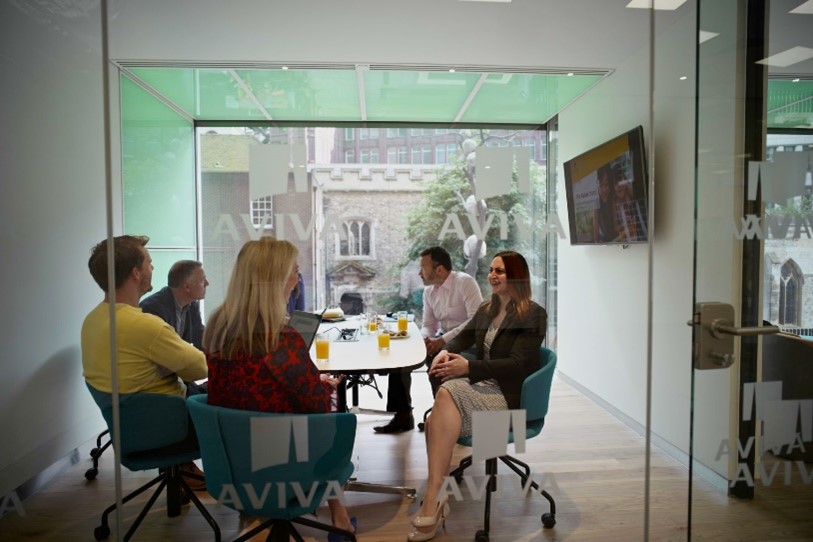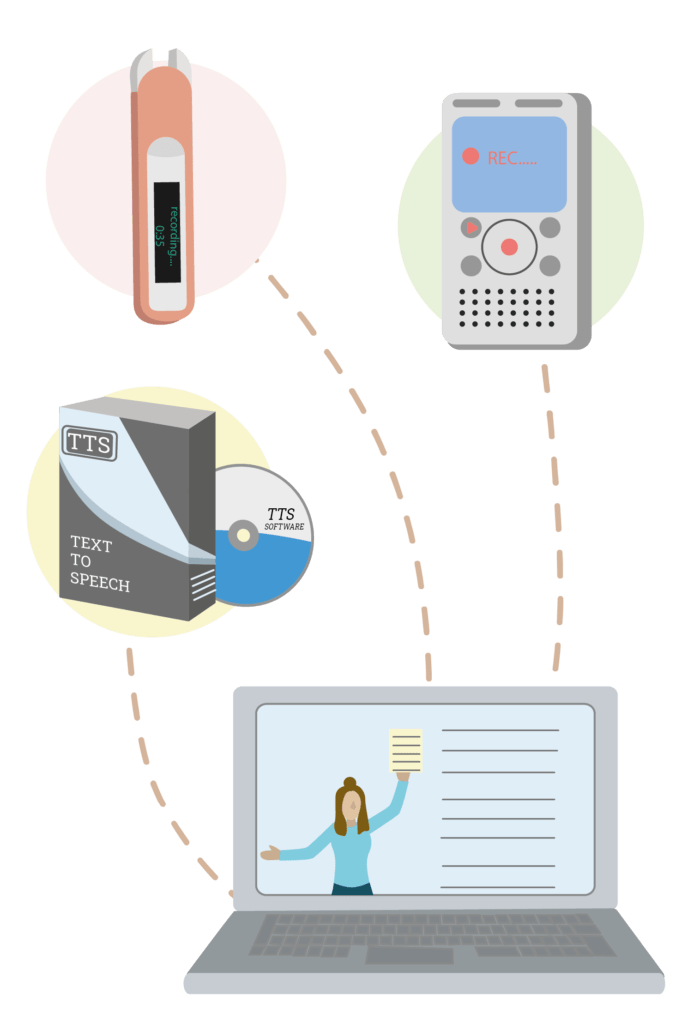Quantum Data Science Placement Programme
About Aviva
Aviva is the number 1 insurance company in the UK with more than 18m customers and 16,000 staff. Our values are Care, Commitment, Confidence and Community.About Quantum
Quantum is Aviva’s global data science practice and was created, in 2017, to drive sustainable competitive advantage, through the intelligent use of data science. Our Quantum data science teams work in every part of Aviva’s businesses to provide insight and make millions of decisions every month both for our customers and colleaguesAbout the Neurodiverse Placement Roles
These roles will be long term placements in one of our core data science teams:
• General Insurance
• Life Insurance
• Group Centre data science.
Placements will last 12 months, and will include the delivery of at least one project, across the whole data science lifecycle. Example Project description
This will ensure that the interns get the demonstrable experience of technical and business skills which will enable them to develop their careers in Data Science in permanent roles.
Interns will be fully supported throughout their time at Aviva.
We expect placements to start in September 2021
About you

Essential Skills
- Undergraduate or Postgraduate Degree in a Scientific or Numerate subject area – Computing, Maths, Physics, Chemistry, Biology, Natural Sciences, Business, Economics, Psychology, or related- An interest in Data Science, Data Engineering or Data Visualisation
- Experience of problem solving
Desirable Skills
- Experience of Data Modelling techniques such as Predictive modelling, Statistical modelling or Deep Learning- Experience of programming using R or Python, and common libraries such as pandas, matplotlib or scikitlearn
- Experience of data processing using SQL
- Experience of data visualisation using common tools such as R Shiny, Tableau or PowerBI
- Experience of project work or group work
- Interest in Financial Services or Insurance
A Day in the Life of a Quantum Data Scientist
Quantum is Aviva’s Data Science practice, it is made up of multiple teams who work for different parts of Aviva to solve customer problems and use data to generate valuable insight.
The Working Day
Most people work from 0900 to 1700 with an hour for lunch, but we work flexibly so it is possible to vary these times. We expect people to take regular breaks from their screens which could involve getting a drink, using the bathroom or just walking around the office; people fit these breaks around their work or meetings.
The Office or Working From home
It is possible to work from home, if you prefer, but we would expect everyone to visit their office location for important meetings or team sessions, or you may prefer to work in the office.
Our offices are open plan and can be busy, in general we do not have fixed desks, but teams are based in a “neighbourhood” and a specific desk can be reserved for you if that is preferable.


Office Facilities
If you are working in an Aviva office you will have access to all of our standard facilities, including:
• Flexible work spaces, meeting rooms and breakout areas
• Free tea, coffee and chilled water
• Kitchen containing a boiling water tap, fridge and microwave
• Vending machines selling snacks and drinks
• Canteen and coffee shop – serving hot and cold foods, snacks and barista coffee
• Cycle parking, changing rooms and showers
Some offices can offer car parking but the arrangements vary depending on where you work.
Your Team
You will work as part of a team of data scientists, there are usually between 5 and 8 data scientists in a team who will vary in experience and seniority. Your team will be part of a wider team or area, for example UK General Insurance data science or Life Data Science.
Your Leaders
You will have a line manager, or team leader, who will be your day to day contact and who will work with you to plan your work. You will also meet your Head of area, or Lead, who supervises several teams and sets the teams’ strategies, and you may meet your Director who manages several Leads and so has responsibility for a large number of teams.

Meetings
Meetings are a key part of the working day; they can be arranged over MS Teams or they may be in person. Being invited to a meeting does not mean you have to attend, if it is not convenient you can decline the meeting or request that it is moved. If in doubt talk to your line manager.
Some common types of meetings are:
Huddles
Most teams have a short meeting each morning to preview the day and discus any ongoing pieces of work, problems or delays. This can be a good place to ask for help or to understand what your colleagues are doing.
Team Meetings
Leaders will organise meetings for everyone in their team regularly but infrequently, maybe once a month, to share business updates and other information that everyone needs to know, or to discuss a particular topic that might be useful. This is often a meeting where you do not need to contribute if you do not want to.

Project Meetings
Data scientists often work on projects with other teams so project meetings will be opportunities to discuss the progress of particular tasks, plan what needs to be done next to achieve a goal or to review the work that has been done. These meetings may use tools like JIRA to organise work and there may be multiple meetings like this in a week.
1:1 Meetings
A One to One meeting (1:1, 121) is a regular session between you and your line manager to discuss your workload, progress and development, most people have a 1:1 every two to four weeks but the schedule should be agreed with your manager. These can be opportunities to ask questions or make suggestions and will be used to discuss Goals and reviews as part of the annual HR processes.
Daily Activities
Day to day work can be very varied but will be agreed with your line manager and may involve working with a project team. Most of your work will involve processing data or building predictive models but it you could also be asked to write reports or provide insight, based on the data work you have been doing, or to present your work to key customers. You will always have the opportunity to choose which kind of work you prefer and to talk to your leader to agree the tasks you will work on

Tools & Software
Day to day activity in Aviva is managed through Microsoft Outlook and Teams and we use the Microsoft Office suite for most of our document creation, there is no single way to use these tools but help and support is available via our IT Care team or your leader can help you get set up.
Much of our project work is managed using JIRA and Confluence, which are common IT tools used to track and document work, we also use bitbucket to manage our source code.
Within Quantum we use a range of different tools but the most common one is DataIku, which is a data science platform where you can write Python or R code as well as use pre-built functions to transform data and create models. Other common tools include Oracle SQL Developer, TOAD, SAS Enterprise Guide, Emblem or DataRobot – help and support for all of these tools is available within Quantum.

Optional Activities
There are many optional wellbeing activities arranged around the working day, from running clubs, salsa dancing and HIIT Exercise classes to yoga, reading groups and boardgames, you are encouraged to join in with activities that you enjoy.
Aviva's Values
Understanding Aviva’s values and being able to showcase how you align yourself to their values is incredibly important. It is an immediate way that recruiters and hiring managers screen out people who are unlikely to fit into the wider culture of their team.
Aviva Application Process
Step 1 - Apply for the job
Contact us at Kinga@excep.co.uk or apply below.
Applications close on Friday 16th July 2021
You will be asked to do the following;
- Send your CV, Video application or cover letter
- Put in your contact information
- Social Media links (if applicable)
- Put in details on background information
Apply Here
Step 2 - Telephone Chat
This is an opportunity for Exceptional Individuals to get to know you better, and decide which candidates should go forward to further interviews.
This is the first chance that Aviva gets to see what you can bring to the role, and to understand your enthusiasm. It’s also a great opportunity to find out more about the role, and make sure it’s right for you!
What might be included:
- Questions on your CV and your application
- What is driving you to apply for this role
- Your motivation for joining Aviva
- Your values and beliefs
Step 3 - Fact to Face Interview
Depending on your role you will likely be asked to do at least one face to face interview with one or two people from the organisation.
What might be included:
- Competency Questions
- Situational Based Questions
- Motivational Questions
- Work Based Task
The type of questions asked may vary according to the role level i.e. for specialised roles you are likely to be asked more competency based questions than entry-level.
Support Available

Workplace needs assessments
Workplace Needs Assessments provide the opportunity for an employee to express their experiences of work related barriers. A report is then produced to inform and educate Management and HR providing clear recommendations of reasonable adjustments.
Interim support
There are many occasions when a one-off intervention or support arrangement may be required. This can include scribing or supporting during an assessment or interview for specific candidates. It may be necessary to provide a workshop or seminar for colleagues in order to inform them of specific traits or behaviours that may be present and how best to assist the individual to reach their potential.
Book Interim Support

Assistive technology and training
There is a host of technology specifically designed to handle difficulties such as:
Personal mentoring for the improvement of fundamental skills.
We all have strengths and weaknesses. It can be very beneficial to chat things through with a mentor. Personal coaching or mentoring can assist with developing more robust strategies for addressing those less developed skill areas. Roche has a mentoring scheme available to all employees and Occupational Health experts for specific work-place improvements/adjustments. These employees are trained to support individuals with their individual needs, ranging from how to talk to colleagues and line managers through to time management and scheduling
You can book one here

Disclosure and self-advocacy
Disclosing to your HR department can be a key step in order to ensure that you have access to support and services. Even if you did not disclose face-to-face or explain on any initial Occupational Health documentation, it is never too late to inform HR of Neurodiversity just so that they are already aware if it becomes relevant in the future.
Disclosing to line management is highly recommended because it will allow you to candid in scheduled catch-ups. It will no longer be so out of place to express an issue or as embarrassing to request an unscheduled chat. This approach is just as helpful to line managers because it gives them the opportunity to appropriately address some issues that may otherwise be handled indelicately.
Disclosing to colleagues often occurs naturally over time but if a critical issue occurs before that point, the disclosure process can feel forced or negative. Even if your specific Neurodiversity is not shared, it can be a great help to inform others of any issues so that they can learn or understand any differences.
